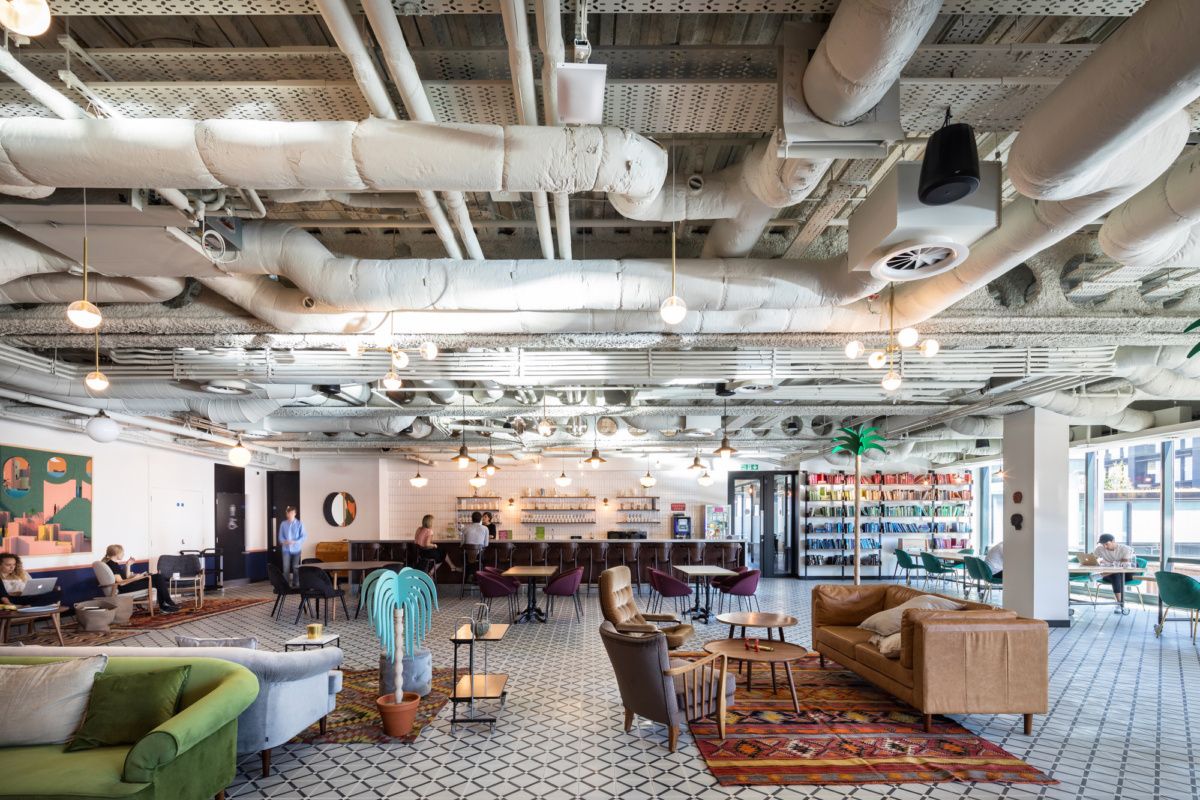2213 Views | Feb 10 2020, 10:01pm
How Toronto’s Tech Boom is affecting the Real Estate Landscape

Toronto has emerged as a global destination for technology and in turn has seen a massive investment boom (Forbes). Household brands such as Microsoft, Twitter, Uber, Google and Netflix are setting up shop or expanding here, attracting thousands of techies to migrate, live and work in the city (Globe and Mail). As a result, Toronto’s tech fuelled economy has pushed office rents to all-time highs, forcing traditional companies to question their own tenant value and navigate a new commercial real estate landscape that is being governed by tech companies.
With many different businesses looking to secure office space in Toronto, people are attempting to secure long-term leases in order to lock in rates before they continue to increase. Companies are also realizing that they want to be in a building that reflects a modern image now that we’re moving into a new decade. Moreover, with the office leasing market being so scarce, the only way some larger tech and traditional tenants can secure large contiguous space in modern facilities, is to secure those spaces in advance, in new developments. This was the theme last year, as six of the top ten lease transactions that occurred in 2019 were related to preleasing activity (Costar). At the top of the list was TD Bank and the banking industry, next came Google and the technology sector, and lastly, Freedom Mobile and the telecommunications segment completed the list of top three buyers for preleased office space in Toronto.
More on Toronto's Tech Boom
The Globe and Mail, Toronto’s tech boom is transforming the city
Forbes, Toronto's Tech Scene Is Having A Moment, But Not For The Reason You'd Think
Business Insider, How non-tech companies get by in tech-frenzied San Francisco
Traditional tenants in the banking industry employ large numbers of people, requiring larger square footage spaces to facilitate their business. However, with tech companies inflating Toronto’s office rates and the cost of living gradually climbing, many traditional companies have found themselves reconsidering their real estate needs in today’s challenging market. Although the tech boom has attracted many new start-ups, non-tech businesses maintain their status as the more favorable tenant to most landlords. There is an overarching commonality with landlords in their concerns of being overly exposed to unpredictable tech tenants, who haven’t begun to produce their own revenue and rely on outside funding. In combination with the fast-paced growth and tendencies of the tech sector, more established businesses who have been operating for decades have become an increasingly attractive tenant. From first-hand experience, landlords are willing to offer more favourable terms to a stronger, traditional business such as finance, lawyer or professional services companies who are willing to sign long-term leases.
Toronto’s competitive office real estate market brings with it the challenge for businesses to retain their employees. The tech boom is credited for reversing the outflow of office jobs to the suburbs, as most tech employees demand a downtown presence (Globe and Mail). To attract and keep their staff, companies are demanding for more office space construction in the downtown core- and many of the new office buildings coming available in the next few years have tech companies at top of mind. In conclusion, signing a lease and physically doing business in Toronto as the city continues to boom, is becoming increasingly challenging. On the other hand, the city is a beacon of opportunity that cultivates a diverse talent pool to recruit from. With this in mind, organizations looking to move into the city need to understand the changing nature of the commercial real estate market, and precisely what is it that positions a company to be a desirable tenant.
STAY INFORMED

CUBECOM CHRONICLES:
Your guide to the most important news on Commercial Real Estate, Industry Trends and Business Advice for Entrepreneurs.
Edited by: Linh Nguyen
MORE CHRONICLES

Mar 08, 2021
Downtown Toronto Office 2020 Real Estate Recap

Mar 20, 2020
What to do with your commercial lease during COVID19

Feb 25, 2020
Creating Privacy in Open Plan Offices










